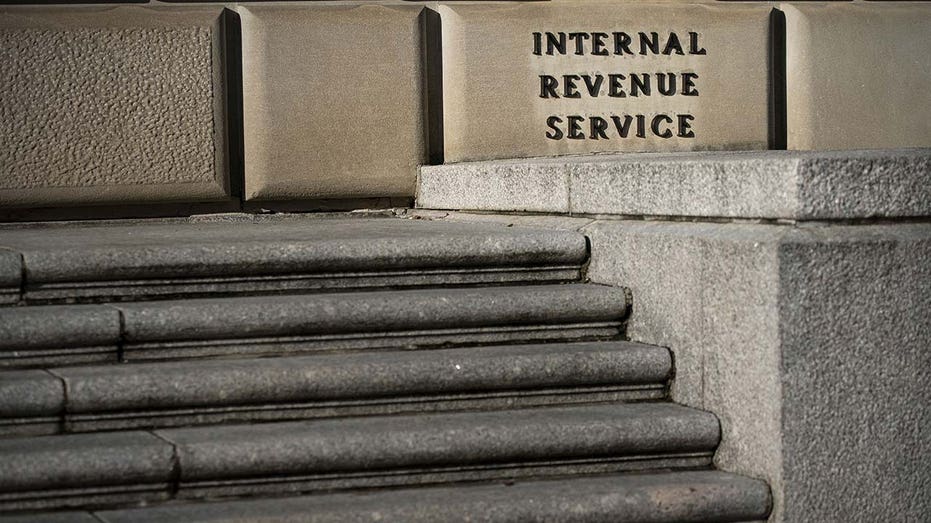Tax-filing season 2022: Last-minute tips for late filers
Haven't filed your taxes yet? Here's what you need to know
The 2022 tax-filing season is officially coming to an end, but millions Americans still need to file their returns to the IRS.
If you haven’t filed yet, here’s what you need to know:
When are taxes due?
The tax-filing season will end on April 18 this year for most individuals, rather than the usual deadline of April 15, because that's when Emancipation Day will be observed in Washington, D.C.
Can I still request an extension?
If you’re an individual, you can request an extension online by filling out Form 4868 using the IRS’ "Free File" tool. You need to submit the form by April, or print the form and mail it to the IRS address for your state, making sure it's postmarked by April 18. Once you file the extension, you have until Oct. 17, 2022, to file your taxes.

The Internal Revenue Service (IRS) headquarters in Washington, D.C., U.S., on Friday, Feb. 25, 2022. (Photographer: Al Drago/Bloomberg via Getty Images / Getty Images)
The IRS estimates that about 15 million taxpayers will request an extension to file their taxes this year.
However, there are pros and cons to requesting an extension.
It can give filers more time to thoroughly review their return and take advantage of all the tax benefits, like various deductions and credits, that are available to them to help them reduce their liability.
By pushing back the filing date, you can also avoid a failure-to-file penalty – an extra 5% per month on the unpaid amount, which can add up to 25% of the tax due. If you file for an extension, you have until Oct. 15 before the penalty starts accruing.
Experts caution that filing for an extension does not mean you can delay paying the government the taxes that are owed.
"Extension to file is not an extension to pay," Eric Bronnenkant, head of tax at online financial adviser Betterment, told FOX Business. "A common misconception is that you get more time to pay, and that’s not true."

Internal Revenue Service (IRS) Commissioner Charles Rettig testifies during a Senate Finance Committee hearing June 8, 2021 on Capitol Hill in Washington, D.C. (Photo by Tom Williams-Pool/Getty Images / Getty Images)
Is there a penalty if I don't file my taxes by April 18?
If you file for an extension but still don't pay your taxes, the IRS could charge you a failure-to-pay penalty. It will typically charge you 0.5% of your unpaid taxes for each month you don't pay, up to 25%.
What happens if I can't afford to pay my taxes?
The IRS offers some payment plans to individuals who are unable to pay the full amount of taxes they owe. If you need to request a payment plan, attach a Form 9465 Installment Agreement Request to your return, asking the IRS To set up a monthly payment plan.
The more you pay by April 18, the less interest and penalty charges you’ll owe later.
What happens to my refund if I don't file by April 18?
If you're expecting to receive a refund this year, and you ask for an extension, you won't get that money until you've filed your return. The sooner you file, the sooner you get your refund.
The IRS has so far sent out more than 63 million refunds worth roughly $204 billion, with an average refund of $3,226 – a major influx of money for many households.





















